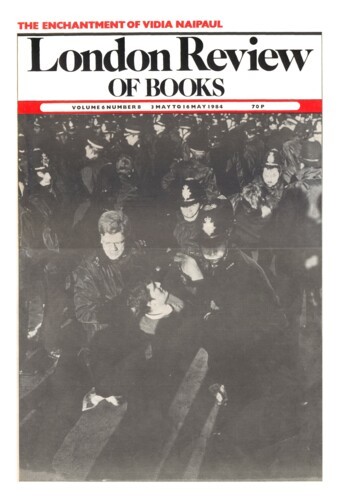Molecules are not enough
John Maynard Smith, 6 February 1986
This book contains a collection of essays about biology, most of which have been published before, in varied and often inacessible places, together with a new concluding chapter on dialectics. The authors have at least four things in common: they are Harvard professors, they have made distinguished contributions to the theory of ecology and evolution, they are dialectical materialists, and they write with wit and insight. Their thesis is that their philosophy is a valuable aid in the practice and understanding of biology. It is not only that Marxism helps in analysing the history and sociology of science: if you are a working biologist, they are saying, Marxism will help you to plan and to interpret the results of research. Crudely, Marxism is good for you. They argue that their own work has been helped by their philosophy. The claim is not only brave but necessary: I would not take them seriously unless they were willing to make it.





